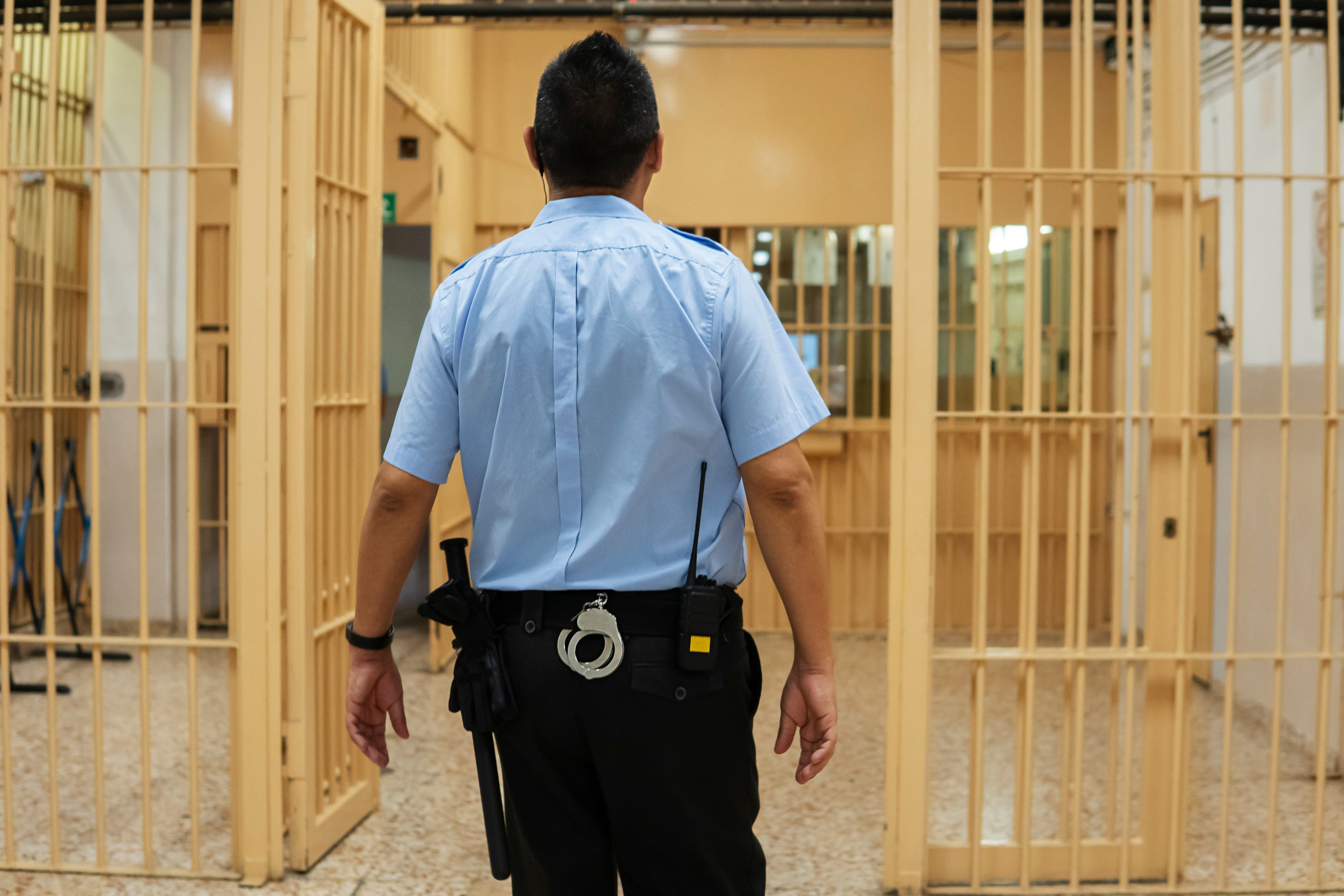Correctional facilities pose unique challenges in combating the spread of the coronavirus. The high degree of virulence of COVID-19 and the difficulty of maintaining social distancing in close quarters means that jails and prisons are at extreme risk of uncontrolled infection. While facilities have reacted with new procedures, inmates and correctional officers claim these are not enough and have filed suit around the country. As with other COVID-19 claims, establishing breach of the duty of care and causation will be challenging requiring the use of a variety of different types of expert witnesses.
Several federal, state, and local governments already have been sued. In New York City, several unions have filed lawsuits against the city for failing to sanitize facilities and provide protective equipment, as well as for requiring officers to work 24-hour shifts and return from sick leave without first getting a negative COVID-19 test. Correctional officers in Washington, D.C. brought a class-action lawsuit for failing to protect them from COVID-19. Inmates in Michigan and Prince Georges County in Maryland have also sued. The American Federation of Government Employees, which represents health care workers at veterans’ hospitals and correctional officers at federal prisons, filed a lawsuit for hazard pay for workers and additional protective equipment. The actions by correctional officers typically claim violations of the state or U.S. Constitution. Inmate actions have been based on violations of the Eighth Amendment against cruel and unusual punishment by exposing them to risk of illness and death from COVID-19.
Among the issues in litigation will be demonstrating breach of the duty of care. As a result of the heightened risks present within correctional facilities, the Federal Bureau of Prisons implemented remedial measures in March to mitigate the spread of the disease. In addition, the CDC released its Interim Guidance on Management of Coronavirus Disease 2019 (COVID-19) in Correctional and Detention Facilities. OSHA and other regulations may also apply in prison settings. While facilities should be following these rules, there may still be potential liability. Expert witnesses can provide invaluable testimony to aid in proving or defending against claims. For example, experts in Correctional Operations (Administration) and Occupational & Environmental Medicine will be needed to explain these guidelines, any deviations, and the appropriateness and speed of the facility’s protective measures. Correctional Medicine specialists can be used to testify about the prevention, diagnosis, and treatment of COVID-19 in correctional facilities as well as the standard of care in such facilities.
With respect to claims involving failure to provide personal protective equipment (PPE), causation will be a significant issue as it may not be clear how transmission occurred, whether it could have been prevented if PPE was available, and whether the plaintiff’s actions contributed to his or her infection. There may also be issues if the facility was unable to obtain PPE due to problems with its supply chain as has occurred in many hospitals.
Proving causation in general is a major hurdle with COVID-19 related litigation. Epidemiologists and Infectious Disease Physicians will be needed to testify regarding transmission of the virus, delayed or improper treatment of infections, complications from the treatment, and how treatment affects outcome.
Elite Medical Experts can assist you in finding nationally recognized experts in Correctional Medicine and Administration, Infectious Disease, and other areas. We support both plaintiff and defense in litigation involving COVID-19 in prisons and jails. Please contact our Case Strategy Team to discuss any facet of COVID-19 claims.

